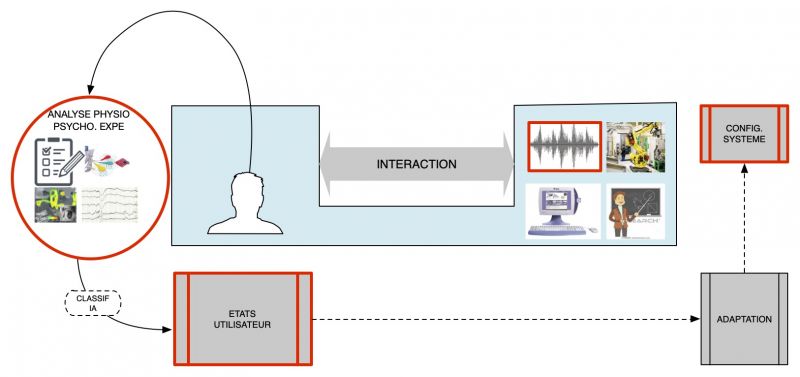The HMS (Human Machine System) Department (Systèmes Humains-Machine in French) is devoted to the modeling, analysis and design of hybrid systems gathering human users (individual user or teams) and adaptive artefacts. The main focus of research of the HMS department is put on the consolidation of users' models and description and high level regulation mechanisms dedicated to the system adaptation. Users' models mostly rely on cognitive psychology and macro-cognition, but they also reflect experimental measurement of performance.
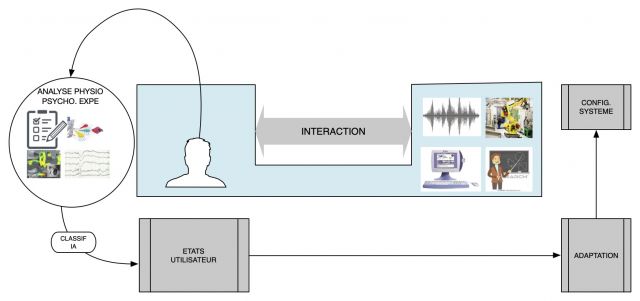
Three major kind of applicative fields are respectively supported by the three teams of the department:
MOTEL is concerned with educational learning systems. Models of users (individual learner, teams, classmates) deal with learning analysitcs approach, learning and kowledge models. Regulation aspects focus on the adaptation of pedagogical modalities, course content adaptation, macro-indicators providing for the tutors and teachning actors.
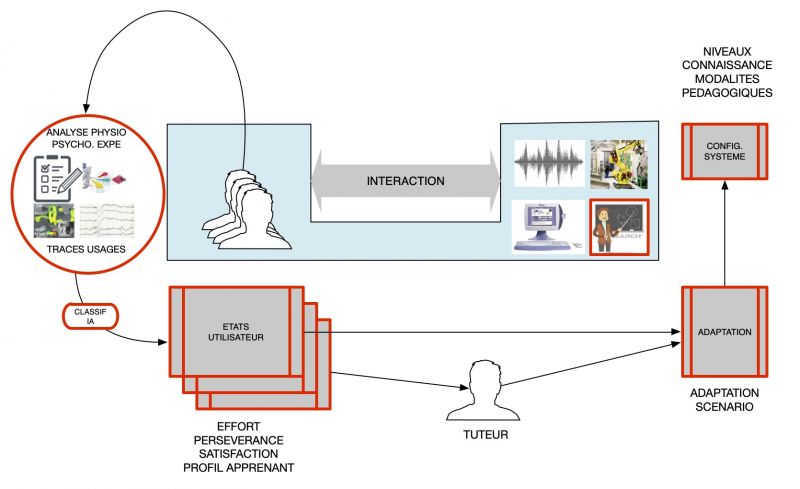
FHOOX deals with critical complex systems such as transport, driving or tactical systems.Models of users often rely on macro-cognition ones, naturalistic decision, modes of control. Regulations aspects focus on statit and dynamic task allocation, but also on the adaptation of modalities of task handling (normal / degraded mode for instance) so as to guarantee an optimal human - machine symbiotic functioning.
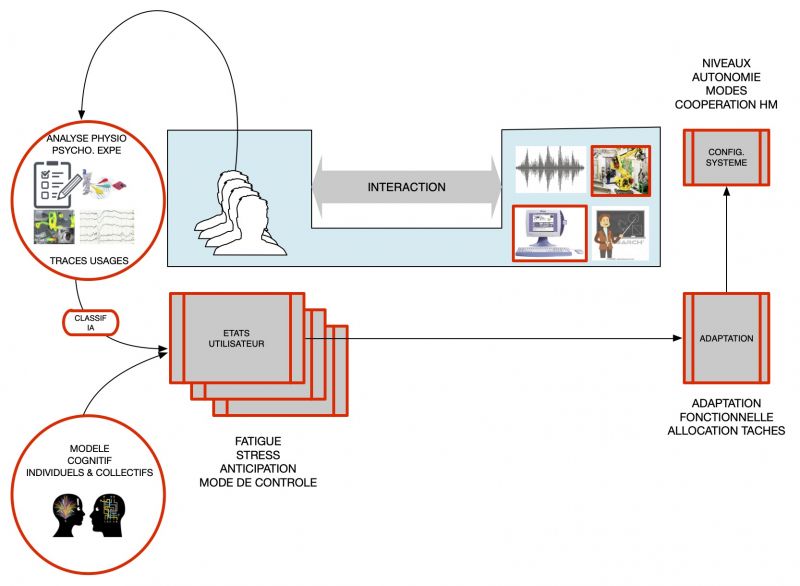
PS focuses on perception, and especially audio systems coupled with spatial localisation / discrimination. Models concern audition when considered in laboratory conditions but also in realistic and field experiments.
